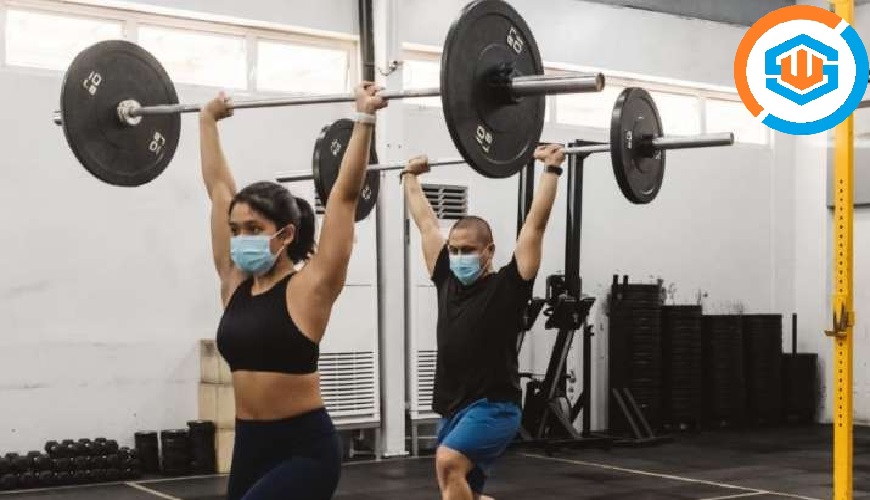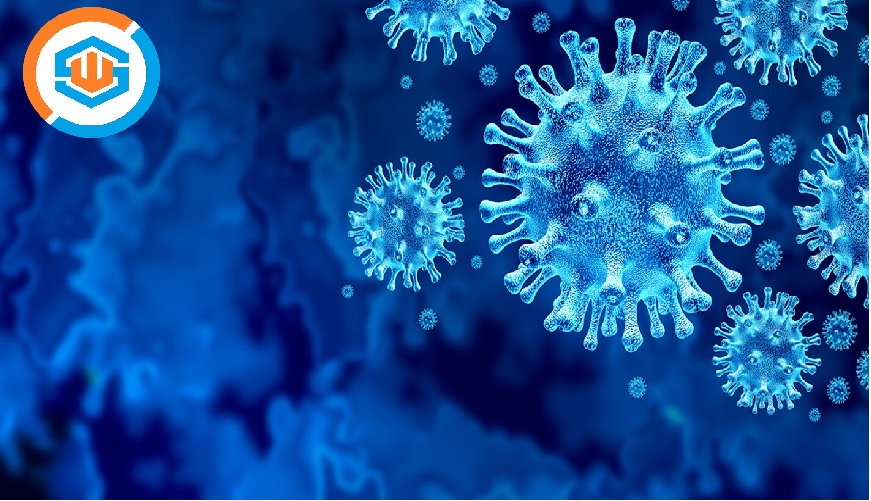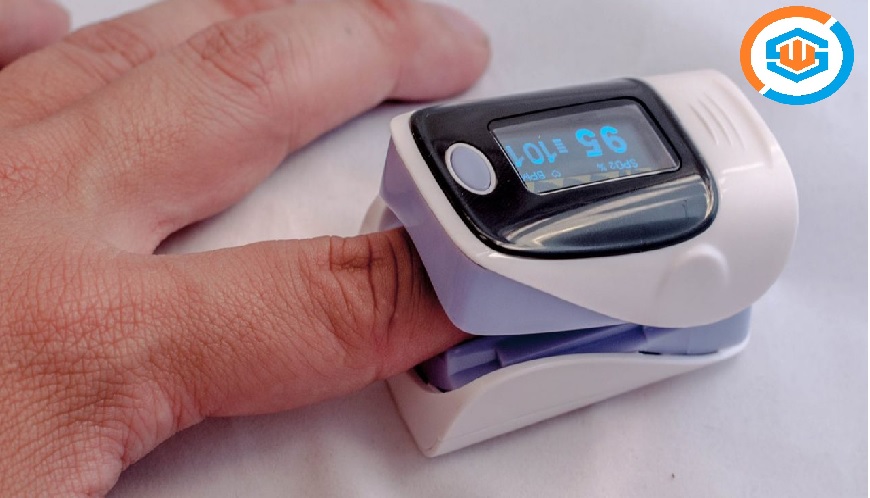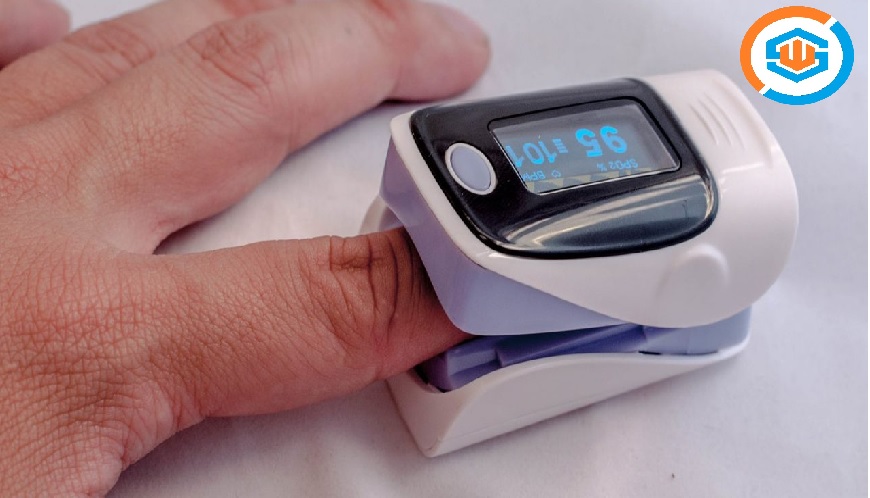Nutrition advice for adults during the COVID-19 outbreak
Proper nutrition and hydration are vital. People who eat a well-balanced diet tend to be healthier with stronger immune systems and a lower risk of chronic illnesses and infectious diseases. So you should eat a variety of fresh and unprocessed foods every day to get the vitamins, minerals, dietary fiber, protein, and antioxidants your body needs. Drink enough water. Avoid sugar, fat, and salt to significantly lower your risk of overweight, obesity, heart disease, stroke, diabetes, and certain types of cancer.
Why is exercise important during the COVID-19 pandemic?
Exercise with family: Exercise is an excellent opportunity for family fun. Walks, bike rides, dance parties, living-room yoga sessions, or backyard soccer games are just a few examples of how you and your household members can exercise together.
Exercise is Essential for Well-Being During COVID-19 Pandemic
The importance of physical activity during the COVID-19 pandemic, and how you can continue to exercise effectively and safely
Why do we use pulse oximetry?
Pulse oximetry is a measure of how much oxygen is in the blood.
What you need to know about pulse oximeters
People with COVID-19 often need oxygenation support, so this tool, a staple for many doctors, has become something of a necessity for the layperson. Oximeters have been flying off the shelves for many households’ first aid kits, largely because they are non-invasive, low-cost, easy to use, and productive at detecting hypoxemia (low blood oxygen levels).
Laughter is the Best Medicine
It’s fun to share a good laugh, but did you know it can actually improve your health? Learn how to harness the powerful benefits of laughter and humor.
What Is Positive Thinking and Why You Need It
Positive thinking means optimism and a positive attitude. It means looking forward and envisioning a better and happier life, and not being daunted by obstacles, problems, or delays.
Some Best Supplements to Boost Your Immune System Right Now
Your immune system consists of a complex collection of cells, processes, and chemicals that constantly defends your body against invading pathogens, including viruses, toxins, and bacteria.









